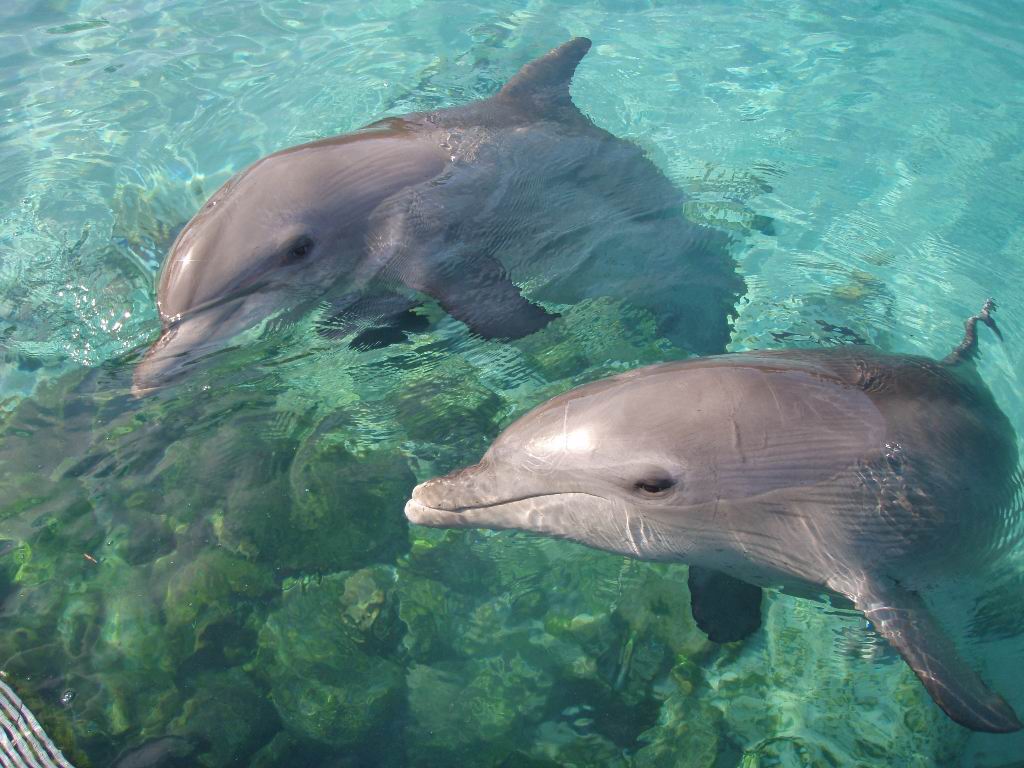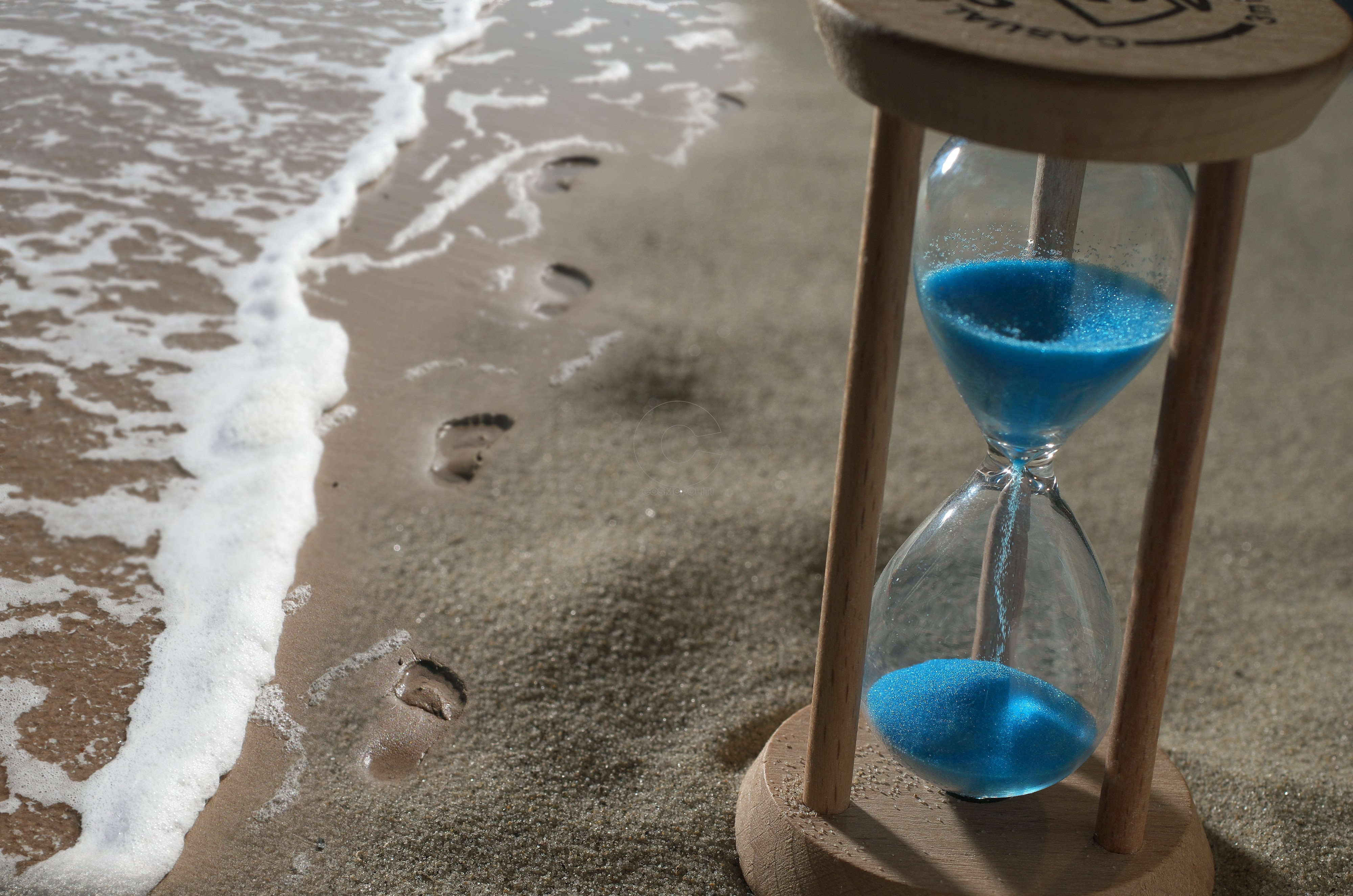Saturday morning, it’s 70 degrees as the sun moves up. Cackling seagulls fly overhead, and the smell of clean laundry comes from a next-door balcony. Three weeks after the first COVID case was diagnosed here, the surreal pace of life under semi-quarantine continues. The constant ticker-tape of numbers rolls along: number of new cases, number of intubations, number of deaths. Our viral ‘market-watch’ runs the gamut from the extraordinary to the mundane: respirators, anti-viral drugs, gowns-masks-and-gloves, acetominophen, mouthwash, alcohol and toilet paper. The economy is almost at a standstill. Those who can, work from home. Others struggle to find meaningful ways to fill their hours — productively or leisurely — and not succumb to worry. Kids — home from school since day 12, drive their parents crazy and dig themselves deeper into the digital realm that is childhood in the twenty-first century.
This story is being played out all over Europe right now, as more and more countries grapple with life in plague times. The news from our neighbors in Italy, soon to be duplicated in Spain, France, Germany, and the United Kingdom, tell a tale of horror on an unthinkable scale. Yet here in Greece, we are lucky. The Italian warnings, unheeded in most of Europe, spurred our government to take swift and decisive action. The day the first case was confirmed, the upcoming Carnival in the southern city of Patra was cancelled.
Those with symptoms who sought tests, were tested. Without charge.
Twelve days after the first case, schools of all levels, from daycare to university, were closed nationwide. Sports clubs, academies, and extracurricular teams voluntarily suspended all activities the same day. Two days after that, all non-essential or non-food related businesses were ordered shuttered, and gatherings of more than ten people forbidden. Workers were sent home. Bars, cafes, and restaurants offered only take-out and delivery. Malls, gyms, theaters, museums, sports venues, clubs — all closed in a single day. Within two weeks of the first case, enforced isolation was the new normal.
“Greeks are famous for two things,” someone once told me. “Inventing democracy, and making rules no one obeys.”
The latter characteristic played out for all the world to see during the famous economic crisis — a decade which consisted most notably of rules being made and flagrantly broken. But surprisingly enough, the Mitsotakis’ government’s measures against this crisis— Draconian though they may seem — were met with very little resistance. For the most part, people have kept the mandated distance (2 meters apart) or maximum occupancy (2 people at a time) in supermarkets, butcher shops, and pharmacies. Steep fines have been imposed, and arrests made, on businesses who defied the law. Individuals who choose to gather in groups of more than ten people will be fined 1,000 euros each. For once, every branch of the Greek civil services charged with enforcing the laws is aligned — police, coast guard, port authorities, and more. Grumbles and complaints are heard for sure, but the overall feeling is resignation, and a measure of gratitude that we have not — yet — fallen into the depths of the crisis.
We are a small economy; at 11 million people the entire country is comparable to a mid-size US city. After ten years of economic disaster, chances are that Corona could send us back into a full-fledged depression. Soon after the isolation measures took affect however, the government rolled out a comprehensive plan for compensation — calming our nerves and staving off panic. With the exception of an initial run on antiseptic, bleach, pasta and rice, there has been very little hoarding. The supply-chain is intact, and supermarket shelves are restocked. Greeks buy a great deal of their food from small businesses — butchers, greengrocers, and bakeries — and these shops continue to serve the public. Without the fear of shortage, people have no reason to create one. Indeed, the limited social interaction that comes from shopping helps us keep a small semblance of normal life.
As the weeks have gone by, I’ve watched two of the world’s most famous democracies joke their way into a humanitarian disaster. When the Italians sounded a warning, imploring other European countries to take faster measures than they had, Spain, and especially Germany, failed miserably to heed it. Schools and public places remained open far longer than necessary. But on the ‘Darwin-award’ scale, the UK is light-years beyond. The British government’s unconscionable lack of early action will almost definitely lead to a full-scale collapse of not only their healthcare system but the entire country. The initial embrace (and later abandonment) of ‘herd immunity’ theories, the misinformation about the speed and scale of spread, and the vague plans to implement social distancing, gave the public a false sense of security. Pubs stayed open. Schools stayed open. Cruise ships sailed merrily along, compensating passengers for the inconvenience of some curtailed activities with unlimited free-drinks packages.
The United States government is on course to fail as well. The conduct of national leaders in these countries — their jokes, their grandstanding, their resistance to scientific fact — is immoral, and will probably cost millions of lives. More than were lost fighting the wars of the twentieth — or indeed any other — century. The government’s failure to act, and more importantly our citizen’s hubris, will take an immeasurable toll, and not on America’s sacred rights of passage. Is Spring Break really worth it? Doctors, not the virus, will decide who lives and who dies.
To my family, friends and colleagues in the US — it is too late for the country to stop the virus. Read and watch the official news reports from other countries — the truth is sobering, and it is a matter of simple math to know that the United States is facing the very same fate. But it’s not too late for communities to act. Understand that the rules — as inconvenient and harsh as they may seem — really do mean the difference between life and death. Support each other. Stay at home. Give blood if you’re healthy. Stay at home.
As I write this, my daughter is on a British train headed for the Manchester airport. She left her college life behind, and hopefully the virus with it. With luck, she will land this evening on one of the last flights allowed into the country. We close the borders at midnight tomorrow. She, along with everyone else arriving these days, will be self-quarantined for two weeks. These fourteen days will also be the time when we see if the government’s measures can be held to, and if held to, are effective in keeping the spread at a (barely) manageable level. We are approximately two weeks behind Italy, they tell us. Yet those two weeks — and the isolation measures imposed, may have been successful.
We cannot ignore it, we no longer laugh at it. We are fighting it. Time will tell.
Stay home. Be safe.












































Σχόλια για αυτό το άρθρο